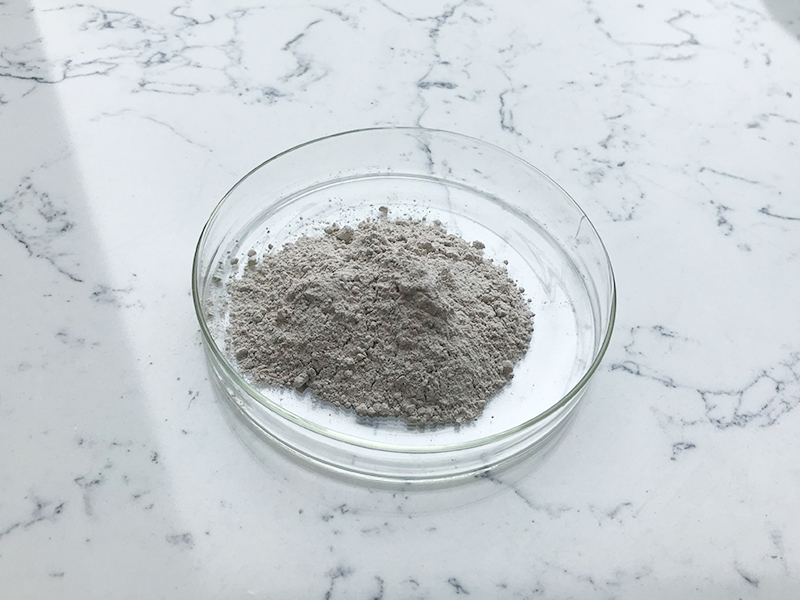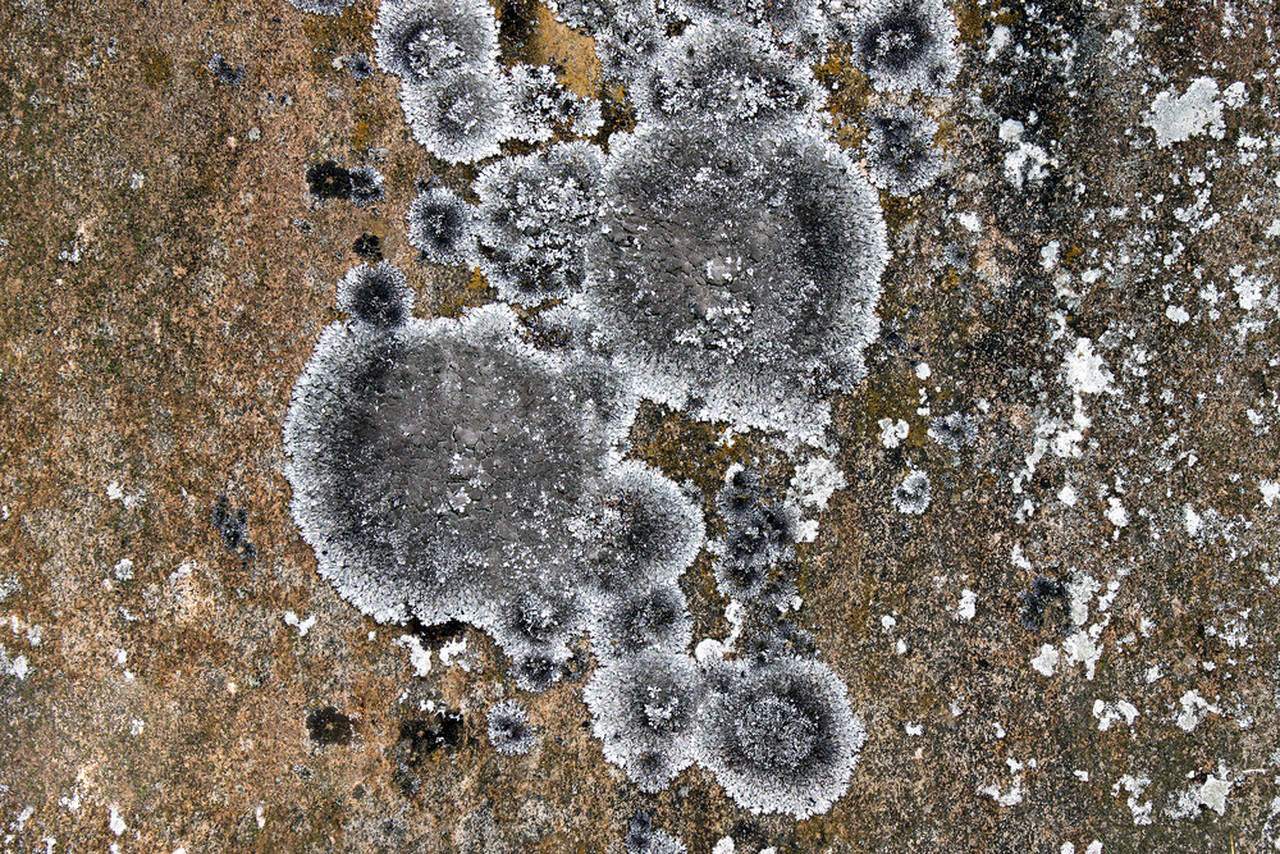Bacillus licheniformis is a Gram-positive, rod-shaped bacterium that belongs to the genus Bacillus. It is known for its ability to produce enzymes and is commonly found in soil, where it plays a role in decomposing organic matter. Bacillus licheniformis is also found in various other environments, including water and the gastrointestinal tracts of animals.
This bacterium has been extensively studied for its industrial applications, particularly in the production of enzymes such as proteases, amylases, and lipases. These enzymes have various industrial uses, including in the detergent industry, food processing, and the production of biofuels. Bacillus licheniformis has been genetically engineered for improved enzyme production and other applications.
Additionally, some strains of Bacillus licheniformis have been explored for their potential as probiotics, which are beneficial microorganisms that can have positive effects on the health of humans and animals when consumed in adequate amounts. Probiotics like Bacillus licheniformis are being researched for their ability to promote digestive health and enhance the immune system.
It’s worth noting that while many strains of Bacillus licheniformis are beneficial, some may be pathogenic and cause infections in certain circumstances, especially in immunocompromised individuals. As with any bacterium, the specific characteristics and potential applications of Bacillus licheniformis can vary depending on the strain.

How to use Bacillus Licheniformis?
Bacillus licheniformis is a bacterium that is commonly used in various industrial and agricultural applications due to its beneficial properties. Here are some ways in which Bacillus licheniformis can be used:
1.Agricultural Applications:
Biofertilizers: Bacillus licheniformis can be used as a component in biofertilizers. It promotes plant growth by fixing nitrogen and solubilizing phosphates, making essential nutrients more accessible to plants.
Plant Disease Control: Some strains of Bacillus licheniformis produce antimicrobial compounds that can inhibit the growth of plant pathogens. This makes them useful in biocontrol strategies for managing plant diseases.
2.Industrial Applications:
Enzyme Production: Bacillus licheniformis is known to produce various enzymes such as amylases and proteases. These enzymes have industrial applications, for example, in the food and detergent industries.
Bioremediation: Some strains of Bacillus licheniformis can be used in bioremediation processes to clean up environmental pollutants. They have the ability to degrade certain organic compounds and can be employed in waste treatment.
3.Animal Feed Additive:
Bacillus licheniformis can be used as a probiotic in animal feed. It helps improve the digestive health of animals and enhances nutrient absorption. This can result in better growth rates and feed efficiency.
4.Biodegradation:
Bacillus licheniformis can be used in biodegradation processes to break down organic matter. This is particularly useful in waste treatment and environmental cleanup.

5.Bioprocessing:
In bioprocessing industries, Bacillus licheniformis can be utilized for the production of various bio-based products, including biofuels and organic acids.
When using Bacillus licheniformis in any application, it’s important to consider the specific strain and its characteristics, as different strains may have different properties and applications. Additionally, it’s crucial to follow recommended guidelines and practices for handling and application to ensure effective and safe use.
If you have a specific application or industry in mind, it would be helpful to provide more details for more tailored guidance.
